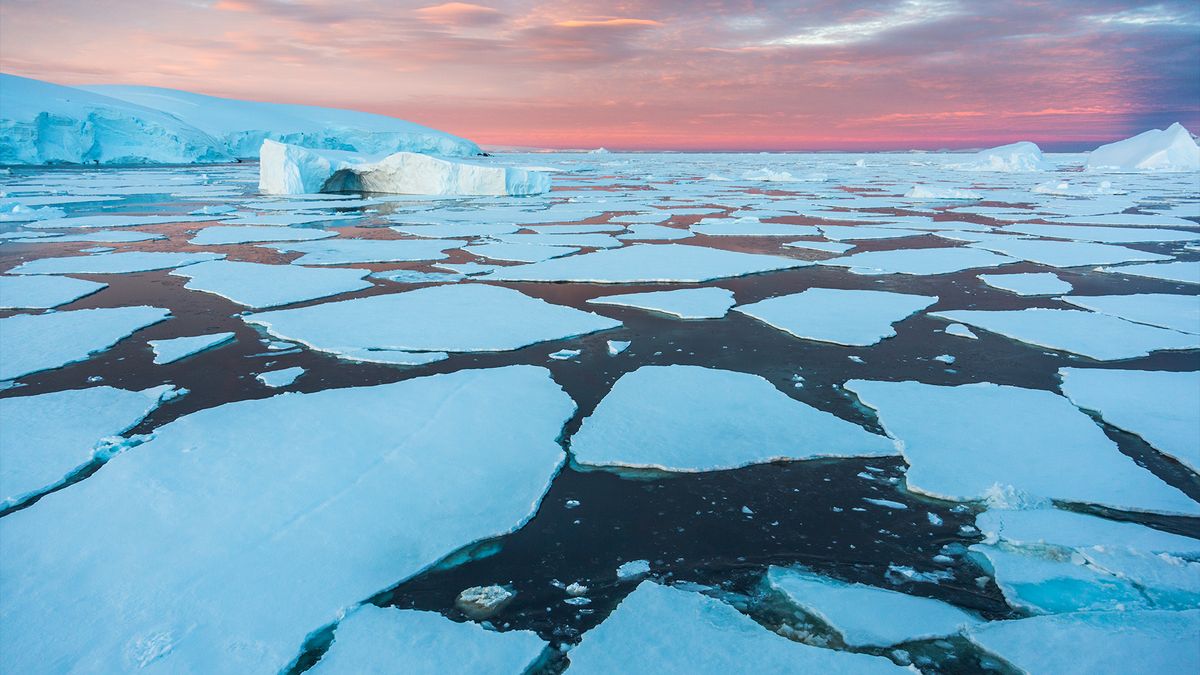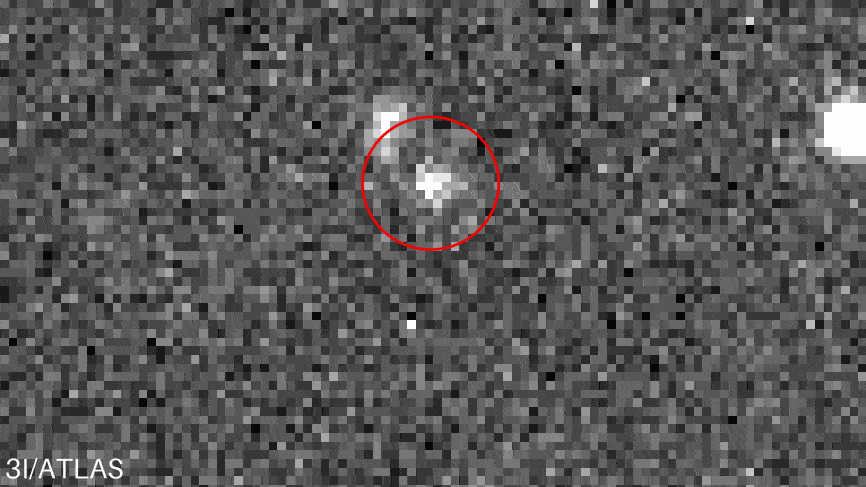Now Reading: Antarctic Sea Ice Collapse Tied to Unusual Ocean Salinity Surge
-
01
Antarctic Sea Ice Collapse Tied to Unusual Ocean Salinity Surge
Antarctic Sea Ice Collapse Tied to Unusual Ocean Salinity Surge

Rapid Summary
- Antarctica’s sea ice has been shrinking drastically as 2015, reaching a record low extent in 2023 – approximately 0.6 million square miles below its expected average.
- Scientists have linked the decline to an unexpected rise in ocean salinity near the continent. The cause of this increase remains unclear but may involve changes in ocean circulation or atmospheric forcing.
- Researchers analyzed data from the European Space Agency’s Soil Moisture and Ocean salinity satellite and floating buoys to confirm these findings, revealing structural changes not previously understood.
- Declining sea ice disrupts processes such as reflection of sunlight, carbon dioxide trapping, and protection of land ice from warming ocean waters.
- Experts describe this salinity change as a “missing puzzle piece” in climate models that could improve understanding of discrepancies between predictions and observed data.
- Initiatives like Antarctica InSync and International Polar Year aim to enhance observations of the understudied Southern Ocean below its surface.
Image Descriptions:
- A scenic view showing sunlight on floating Antarctic ice (Source: Patrick J. Endres/Getty Images).
- Adélie penguins jumping between chunks of sea ice (Source: nicholas_dale/Getty Images).
Indian Opinion Analysis
The decline in Antarctic sea ice represents one of the most significant environmental shifts globally with potential consequences for India’s climate resilience strategies. reduced polar ecosystems strongly influence global atmospheric conditions-perhaps worsening extreme weather events such as monsoons critical for India’s agriculture-based economy.
Additionally, Antarctica’s role in carbon cycling is linked to broader implications for global warming mitigation efforts affecting every nation equally, including India’s ambitious commitments under international agreements like COP28.
While Indian science institutions actively study Arctic systems under collaborations with foreign agencies (e.g., ESSO-NCPOR), scaling these efforts towards Antarctic research through similar platforms may be vital for understanding shared impacts on coastal flooding risks-crucial given India’s vast vulnerable coastline.
This revelation highlights gaps within existing climate models; addressing them could bolster predictive accuracy valuable not only regionally but universally amid complex tropical responses integrally worrying policymakers balancing food/water security metrics evolving dangerously fragile societal frontiers reliant sustainable growth paths flourishing future prospects lies caregivers


























